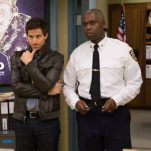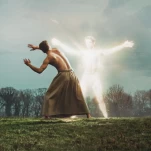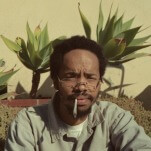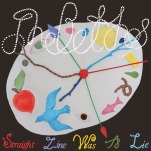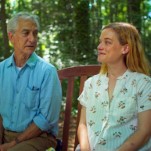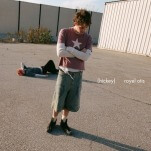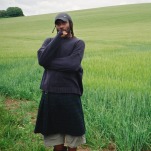In Solitary, Kristi Jacobson Finds that No Matter the Punishment, Humanity Remains
Photo by Slaven Vlasic/Getty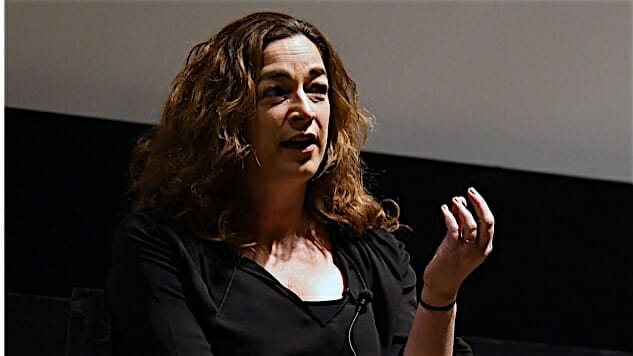
They are in isolation for up to 23 hours a day in 8×10-foot cells. When they go outdoors, they are encaged. They receive meals through a locked box. Sometimes they talk to each other through the vents in their walls. Sometimes the sound of men banging on their doors doesn’t stop for weeks.
These are basic facts of life for prisoners at the supermax prison called Red Onion in West Virginia, and filmmaker Kristi Jacobson documents as much in her haunting film, Solitary. After getting unusual and unrestricted access to the supermax (places journalists refer to as “Black Zones” as they are notoriously off limits to press), Jacobson spent a year conducting intimate interviews with some of Red Onion’s inmates, men deemed too much of a physical risk to be around other prisoners. The inmates, most of whom have life sentences, discuss their often violent pasts with Jacobson, as well as the instances that brought them to confinement and the damaging effects of isolation on their minds and spirits. Jacobson interweaves the perspectives of the wardens and prison staff as they attempt to initiate a reform program. Of course, the prison itself becomes its own looming character—split level rows of endless cell doors devoid of color, an ever-present cacophony of pained moans and jangling keys.
“We have a responsibility to know what’s happening inside our prisons,” Jacobson says. “If you allow yourself to believe, as the media would have you believe, that the system works, and the people [inside] are all monsters, then you’re falling for something that is not in any way true. There are human beings inside of our prisons, who are Americans, who are part of our culture. This film was about creating a cinematic experience that comes as close to bringing people inside as possible.”
A student of criminology in college, Jacobson cites working in a juvenile courthouse as a driving force behind starting her work as a documentarian. “I witnessed the sentencing of young kids and the brokenness of that system—especially for poor people and people of color,” she remembers. But it wasn’t until the success of her first feature, A Place at the Table, that Jacobson felt ready to tackle the issue, and, in particular, solitary confinement—something she could not stop thinking about.
“There are certain truths that once you know them you can’t un-know them,” Jacobson says. “There are 40 supermax prisons like this in the U.S., and as someone more knowledgeable than most on this subject, I didn’t know that.”
As for the unprecedented access to Red Onion, a prison with a notorious reputation for being “tough,” Jacobson says she asked “the right person, in the right way, at the right time.” After learning West Virginia was in the process of implementing a program to reduce the number of prisoners in confinement, she called the Director of the Department of Corrections. “They were ready to share what they had been doing inside the prison to improve it.”
-

-

-

-

-

-

-

-

-

-

-

-

-

-

-

-

-

-

-

-

-

-

-

-

-

-

-

-

-

-

-

-

-

-

-

-

-

-

-

-





